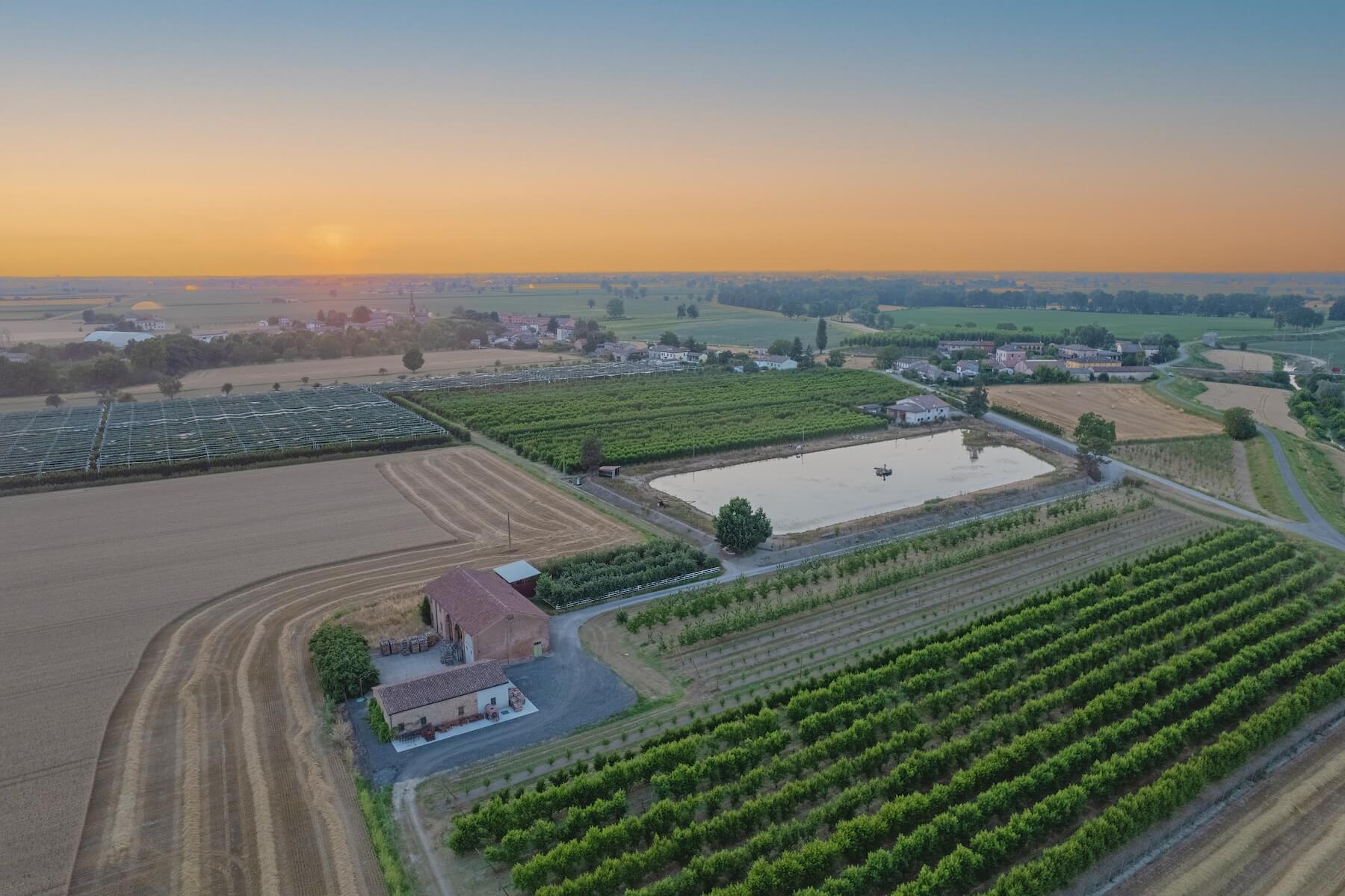If you’ve previously been involved in a software implementation, there’s a good chance the experience was far from painless. As NetSuite implementation partners, we’ve heard about — and helped fix — ERP implementations that failed to produce the anticipated ROI.
The good news is that it doesn’t have to be that way. Keep reading to learn our best advice for avoiding ERP implementation delays and setting your project up for a smooth, on-time go-live.
Finding the Right ERP Solution
Creating a seamless ERP implementation starts long before the implementation process begins. Working in beverage manufacturing means your records should include data on everything from raw materials to finished, ready-to-be-sold products. To find the right ERP, it’s crucial to consider your business processes, production methods and your staff.
To select the best-fit software and have a successful implementation, plan around things like:
- User experience: Is it easy for anyone to use, and what is the learning curve?
- Data: How is your data stored now, and does it need to be reworked before you can move it? Is your data clean and AI-ready?
- User requirements: How will your team use the tool, and what specific resources will they need?
- Integration: Your current business needs likely won’t stay the same as you grow. Are there integration options that will evolve with you?
Once you’ve narrowed the field, the tell-tale signs of the right ERP are deep industry expertise and a holistic solution for the entire organization.
Why You Need an ERP Implementation Plan
Incorporating an ERP system into your beverage manufacturing business will create some challenges along the way. It will directly impact every team member during the transition and beyond, which is why a strong plan isn’t optional.
Finding an implementation partner you trust is critical. And involving subject-matter experts from the beginning — rather than asking them to get on board after decisions have already been made — has consistently proven to make the process smoother.
The Doozy 5-Phase Implementation Methodology
At Doozy Solutions, creators of Crafted ERP, we follow a five-phase implementation methodology built specifically for beverage producers. Each phase is designed to prevent common pitfalls, keep your team engaged, and ensure your ERP system works exactly as you need it to.
Phase 1: Intake
We set the stage by aligning your leadership team on goals, introducing the project team from both sides, and delivering baseline NetSuite + Crafted training so no one is flying blind when things get rolling.
Phase 2: Configure
We roll up our sleeves and tailor the system to your business. This includes joint design sessions with your operational managers, data migration planning and cleanup, and system customization for your specific workflows and reporting needs.
Phase 3: Validate
We stress-test the system before go-live, running end-to-end testing, joint testing sessions with your ERP implementation team, and user acceptance testing (UAT) to confirm everything works under real-world conditions.
Phase 4: Deploy
It’s go time. This phase covers final training, data cutover, and on-site support to ensure your go-live runs smoothly and your team is ready to operate in the new system from day one.
Phase 5: Hypercare
The system is live, and we’re not going anywhere. Hypercare includes weekly office hours, production audits, financial close support and hands-on ERP change management guidance to keep your team confident and your operations on track.
For every project we work on, we proactively plan for ERP implementation delays and keep the process moving at every step.
4 Tips to Avoid ERP Implementation Delays
1. Plan for Every Scenario
Most ERP implementation delays stem from seemingly simple missed deadlines. Something as minor as not sharing data at the right time or forgetting to send over workflows can hold your entire project back.
Protect your timelines by involving the full team early, establishing clear ownership for deliverables and building in adequate buffer time. Executive alignment is especially critical here. When leadership isn’t actively engaged and accountable, decisions stall and momentum dies.
2. Maintain Open Communication
Getting teams to work efficiently is challenging, but you can make the task easier by promoting collaboration early and often. ERP implementations rarely go well when teams work in isolation.
Use your implementation partner as a resource and communicate openly as you learn how the system should support your operations. Changes can always be made, but without clear lines of communication, it’s difficult to build a system that works for everyone.
3. Intentionally Migrate Your Data
Depending on how long you’ve been running your current systems, there may be a significant amount of outdated or unnecessary data taking up space. Use this transition as an opportunity to clean house. Migrate only what’s current and relevant.
Yes, it’s faster to export and import without any changes. But giving your team a fresh start with clean, accurate, AI-ready data pays dividends long after go-live. For a step-by-step approach to getting this right, see our blog post on preparing for an ERP data migration.
4. Overtrain and Support
When teaching your team to use the new system, plan for more training time than you think you’ll need — not less. Most employees won’t be ready to operate confidently after a single demo or a short session.
Build in structured training time before and after go-live. Record sessions so users can reference them on demand. And create a clear path for ongoing learning. This is an opportunity to reinforce good habits and eliminate bad ones. Don’t rush it.
What Comes After Go-Live
The end of implementation isn’t the end of the journey. Knowing what to expect after ERP implementation helps your team stay focused and ensures the gains you worked hard for don’t quietly erode once the project team steps back.
With the right roadmap, the right partner and a proven methodology, your beverage business can navigate implementation successfully — and start reaping the benefits faster than you’d expect. Ready to see the methodology in action? Talk to our team.
Last Updated: March 2, 2026







